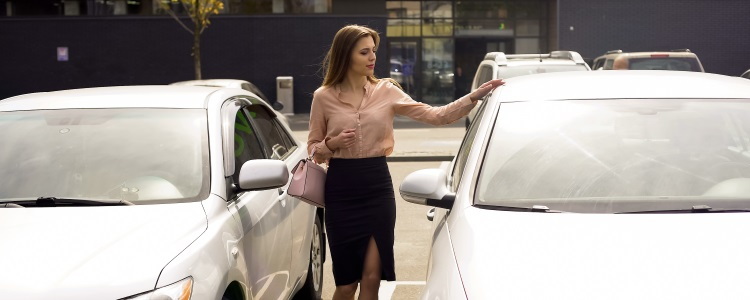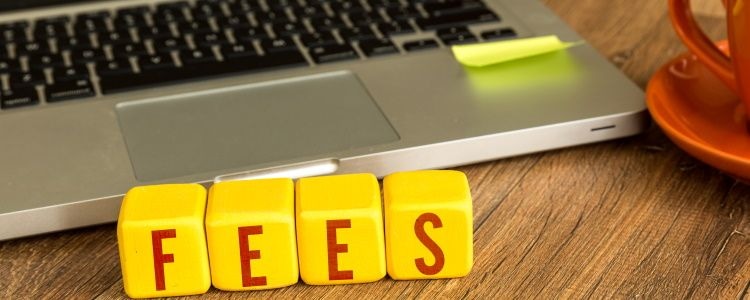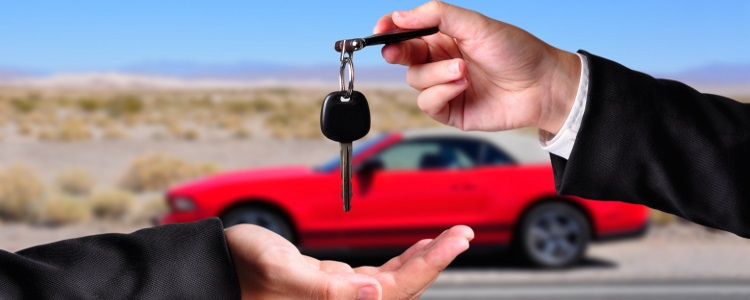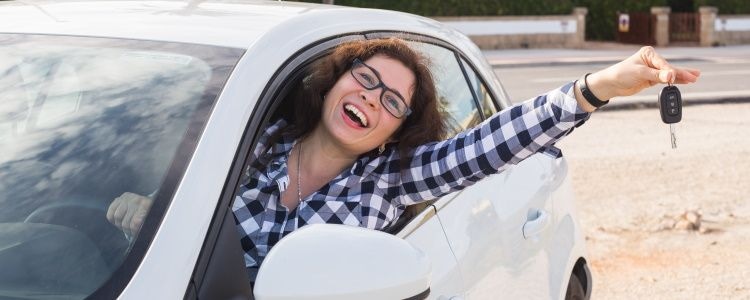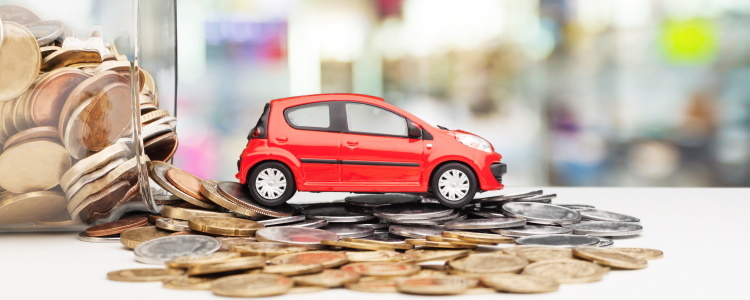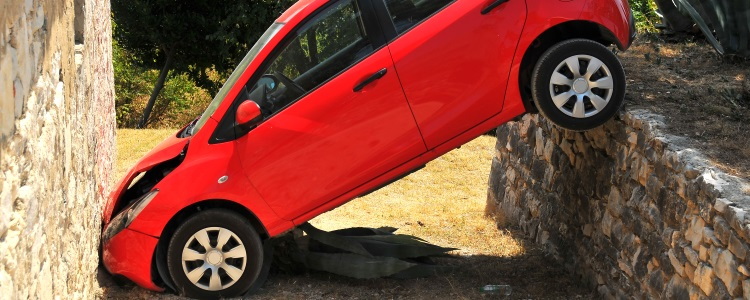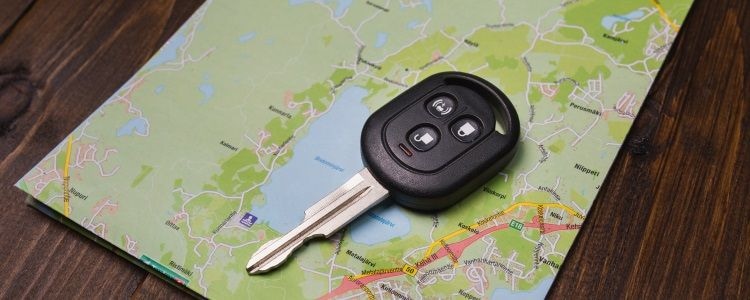Today, leasing plays a big role in car sales and has for many years. A decade ago, leasing wasn’t an option for buyers with bad credit. But as the economy picked up following the 2008 recession, more credit-challenged buyers have been offered the option of leasing a car. But once the lease is finished, what options do these buyers have?
Buying the leased car you've been driving after your lease is up can make a lot of sense in some cases. As your lease term draws to a close, the leasing company expects you to weigh your options between walking away and buying your leased vehicle. In fact, the leasing company is likely to call you one to two months before the end of your lease to see how you're feeling about it.
As Your Lease Term Closes
So, how do you know if you should buy your leased car? Sometimes, the answer is obvious if you love the vehicle you're driving and don't want to give it up. But, in other cases, the decision to buy out your lease isn't as clear.
Between 30 and 90 days before the end of your lease, the lessor typically calls you to let you know your lease is coming to a close. They may offer you other lease deals, and ask you questions about the car, and how you're feeling now that the lease is nearly complete.
Another thing that your lessor does during this call is set up a time for your end-of-lease inspection. This is when your vehicle is inspected, often by an independent third party, to assess the condition of the car you've been driving. The cost of any repairs is estimated at this time, and you get a condition report that tells you if there's damage beyond normal wear and tear.
According to Edmunds, manufacturers generally look for damage in the following areas:
- Exterior dents, dings, scratches, and scrapes
- Bumpers and wheels
- Cracks, chips, and excessive pitting in the windshield and windows
- Abnormal or excessive tire wear
- Upholstery tears or stains that can't be cleaned or repaired
Having too many of these issues could cost you big time – if you choose to walk away from your lease, that is. You won’t have to pay repair costs if you purchase the vehicle.
Should I Buy My Leased Car?: How to Decide
What makes leasing attractive to car shoppers is the option to either turn in or buy the car at the end of the contract. If the buyout price set at the beginning of the leasing contract is within your price range, then this option could be even more appealing. The following are a few ways to decide whether to buy your leased car or not.
Over or Under Allowed Mileage
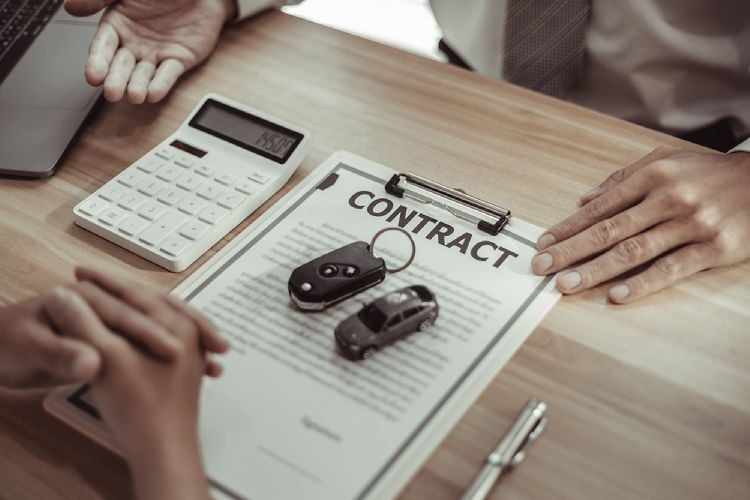
Excessive mileage can certainly up the cost of a lease fast. Leased vehicles always come with mileage limits. On average, leases generally cover three years with a maximum of 36,000 miles (unless you opt to buy more at the beginning). But if you go over over mileage, you're expected to pay an excess mileage fee. What you're expected to pay may vary by lease company, but it can be as much as 25 cents a mile. This can add up fast – $250 for every 1,000 miles over your contract limit at that rate.
But, again, these over-mileage fees can be avoided if you choose to buy. Buying your leased vehicle cancels out those fees if you’re over mileage and may also remove the typical disposition fee (charged to prepare the car for resale) which generally ranges from $350 to $500.
Excess Wear and Tear
There’s no such thing as the perfect driver. Things happen to cars and, whether minor or not, any damage to your leased vehicle needs to be repaired. So, a vehicle with excess wear and tear may be worth buying in the end.
Buying the vehicle can remove the stress and aggravation of having to pay for repairs before giving it back to the leasing company (or getting charged for those repairs by the leasing company if you haven’t done them). Sometimes, it’s more cost-effective than paying to repair damages.
And, if the wear and tear on your leased car is any indication of how you treat your vehicles, you’re likely going to save money by buying the car at the lease end, rather than paying excessive wear and tear charges every time you lease.
In addition, you won’t be charged for any damage, and the car can be fixed on your own time and money — or not repaired at all.
Your Car Is Worth More Than Your Buyout Price
When you lease a vehicle, your monthly payment is based on a number of things, but one of them is an estimate of how much the car is going to be worth at the end of the lease term. This is known as the residual value. It's subtracted from the sales price of a new vehicle, and then the remainder is divided by the number of months in your lease term.
Sometimes, residual values get set incorrectly – too high and your monthly payments end up being less than they should be, too low and your car's worth more than the lessor thought it would be at lease end. If the vehicle is worth more, you come out ahead by buying it for less than it's worth.
Someone Wants to Buy it From You
If you want to avoid paying sales tax and sell the car to someone, there’s another way to do this. Instead of buying the car, contact the finance manager at a local dealership and ask for a “lease pass-through.” Simply put: the dealer buys the car from you and then immediately sells it to the person who wants to buy it.
You Simply Love the Car
If you end up falling in love with your leased vehicle, it might seem obvious to just buy it. Just make sure that the buyout price is a fair deal by checking out the retail price on sites like Edmunds.com and Kelley Blue Book.
Bottom Line
There are many reasons why you might want to buy your leased car. Whether it’s because of money, or simply because it’s the right vehicle, having the option to buy is there. But, if the vehicle you leased wasn't the one for you, and you're looking for something a little more permanent this time around, you've come to the right place.
Here at Auto Credit Express, we help thousands of people get into the cars they need every year. With our nationwide network of dealers, we can get the process of finding you a local dealership started! We connect buyers with dealerships in their local areas who specialize in working with different types of challenging credit situations. T

